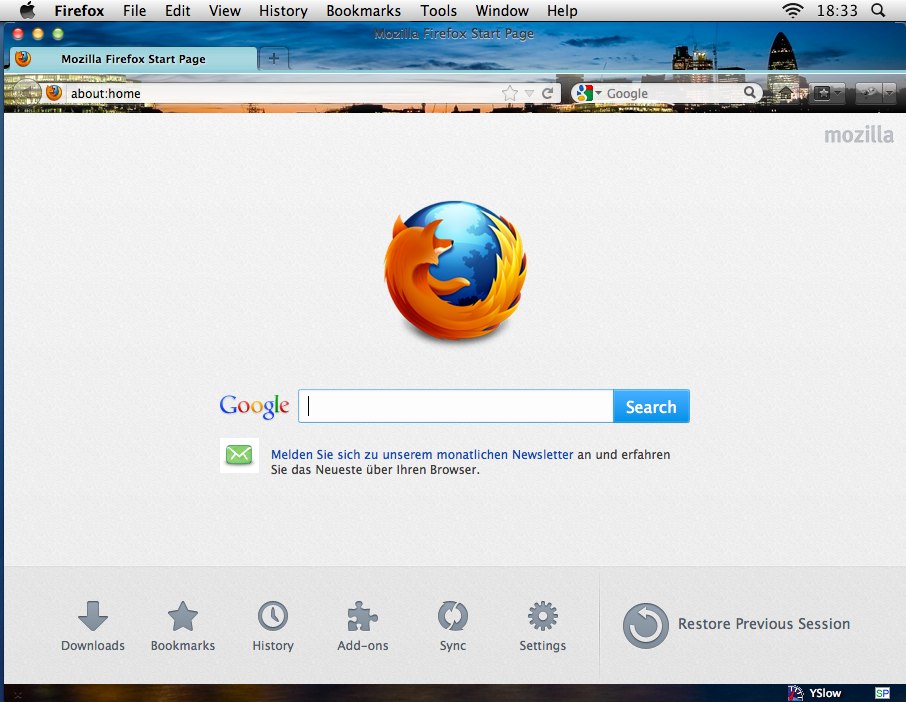

Bundling freeware is a popular distribution method among unwanted software developers because it permits programs to sneak past people.įor those interested, the proceeding section will explain how users can block unwanted applications from installing. It most likely set up packaged with some free software.

It isn’t a serious infection but its goal includes generating revenue by exposing the user to as many advertisements as possible. Users can be redirected to pages like We Have Hacked Your Website Email Scam by the sites users were on. Fortunately, even if the user has provided authorisation, it’s rather easy to cancel it. Seeing as they’re pushed by a dubious source, the advertisements could be dangerous. It is recommended that people do not engage with those advertisements since they are likely to be dangerous. While not difficult to get rid of, they will quickly get on users’ nerves. Once “Allow” is pressed, users’ desktops would begin displaying advertisements. When someone is redirected to the page, an alert requesting authorization to show alerts pops up. It is quite a clever try, and there has been a surge of such pages recently. This could be referred to as a social engineering attack, as deceitful tactics are utilized to trick people into permitting desktop ads. We Have Hacked Your Website Email Scam will ask that users permit alerts.

About We Have Hacked Your Website Email Scam


 0 kommentar(er)
0 kommentar(er)
